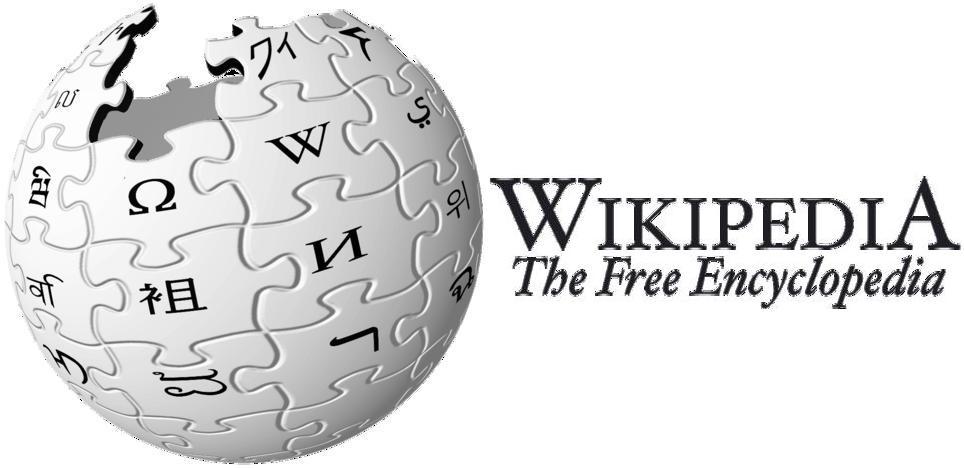Google Scholar
Google Scholar is a web search engine.
Google Scholar provides a simple way to broadly search for scholarly literature. From one place, you can search across many disciplines and sources: articles, theses, books, abstracts and court opinions, from academic publishers, professional societies, online repositories, universities and other web sites. Google Scholar helps you find relevant work across the world of scholarly research. If you have an authenticated login through your university, you will have free access to articles that the general public has to pay for.
Google Scholar tutorial
Improve Your GOOGLE Search Experience
-
Power Searching with Google - Online Google courseSharpen your search skills. Join a free course to help you become a better searcher.
Knowing how to find answers on Google is an important skill in today’s digital age. Taught by Google’s Search experts, this online class will help you search smarter, so you can find the information you need — even in the most challenging situations. -
Article - Why Millennials Don't Know How to Use GoogleChicagoMag.com, August 23, 2011
Why Google books?
Question: Why would you use Google Book Search?
Answer: Google Book Search (unlike WorldCAT) searches the full-text of the books in its inventory. WorldCAT is limited to searching only title, author, subject heading and other specific and limited information about a book.
Because Google Book Search lets you search within books, you can see a table of contents or an index or just a portion of a book. You can then locate the book in a nearby library.
-
Google Book SearchA tool for searching the full text of books. For each book and depending on the permission of the author or the publisher you will be able to see a few sentences of your search term in context, a few sample pages or the full book. Links provided to book reviews, synopses, sources to purchase the book, and to libraries that hold the books.
Wikipedia - What is wrong with it?

Wikipedia may provide accurate background information, but it must be verified and should not be cited as a source. The bibliographies and related links that follow Wikipedia entries can be very useful and reliable sources that are often appropriate to cite in research papers.
-
The Top 10 Reasons Students Cannot Cite or Rely On Wikipediahttp://2day.sweetsearch.com
-
Wikipedia Founder Discourages Academic Use of His CreationChronicle of Higher Education
TIPS on using Wikipedia efficiently and wisely - See tutorial below.
How to use Wikipedia
Tutorial describing Wikipedia's uses and limitations for scholarly research.
How Gen Z Searches
-
Gen Z Searches For Online Content Differently: What Marketers Need to KnowPublished Apr 22, 2020. Written by Pamela Bump @PamelaBump
Source Types - Links to additional resource pages
See additional pages related to Source Types, Scholarly Journals, and Primary vs. Secondary Sources.
Recognizing Fake News
-
Fake news, propaganda, and plain old lies : how to find trustworthy information in the digital age by
Publication Date: 2018Available via the Internet. Licensed for all KU students, faculty, and staff connecting to the Internet. -
A matter of facts : the value of evidence in an information age by
Publication Date: 2019"A Matter of Facts: The Value of Evidence in an Information Age highlights the critical value of records and archives as sources of evidence: as vital tools for supporting human rights and enforcing public responsibilities across society"-- -
Journalism and Truth in an Age of Social Media by
Publication Date: 2019 -
 News Literacy: the Keys to Combating Fake News
by
Publication Date: 2018Available via the Internet. Licensed for all KU students, faculty, and staff connecting to the Internet.
News Literacy: the Keys to Combating Fake News
by
Publication Date: 2018Available via the Internet. Licensed for all KU students, faculty, and staff connecting to the Internet. -
Detecting Fake News on Social Media by
Publication Date: 2019Available via the Internet. Licensed for all KU students, faculty, and staff connecting to the Internet. -
News Literacy : global perspectives for the newsroom and the classroom by
Publication Date: 2011 -
Fighting Fake News! : teaching critical thinking and media literacy in a digital age by
Publication Date: 2017 -
News Literacy: helping students and teachers decode fake news by
Publication Date: 2017 -
 Post-Truth, Fake News and Democracy : mapping the politics of falsehood
by
Publication Date: 2019Available via the Internet. Licensed for all KU students, faculty, and staff connecting to the Internet.
Post-Truth, Fake News and Democracy : mapping the politics of falsehood
by
Publication Date: 2019Available via the Internet. Licensed for all KU students, faculty, and staff connecting to the Internet.